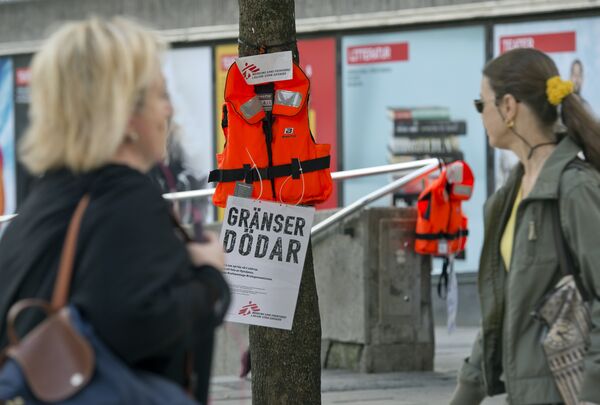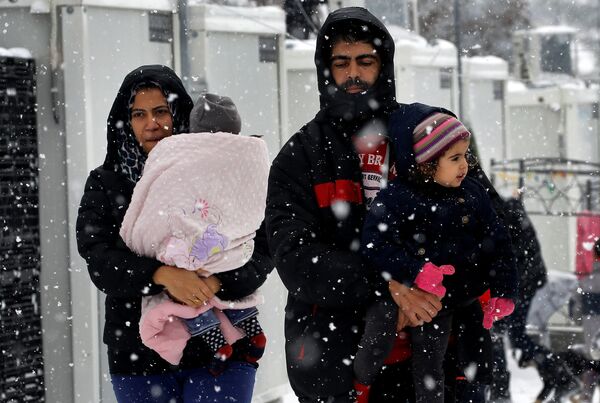The sheer volume of migrants that have entered Europe over the past few years is huge, with more than 2 million entering Germany in 2015 alone. In later 2016, published data showed that more than 950,000 migrants were receiving benefits in Germany, indicating the financial cost of migration.
Although Germany has taken in the most refugees, in Europe, Sweden is also suffering severely, as its population is smaller than Germany's by a factor of eight.

Host countries often locate these migrants in certain towns or areas, creating parts where a very high percentage of the population are migrants. This restricts integration, and in extreme cases, especially in Sweden, creates areas of high crime and unrest. According to reports, there are several "no-go zones" across Sweden, where the police and local authorities aren't in control. As of September 2016, there were 55 "no-go zones" in Sweden, indicating the extent of the issue.
As well as the increased levels of crime, mass migration also adds demand-side pressure to public services, such as healthcare. Many European nations were already struggling with oversubscribed healthcare systems, and the mass influx of migrants in such a short space of time has extenuated the issue.

Inevitably, to solve the issues at hand, there will either need to be a decrease in the number of migrants in Europe, or an increase in funding for public services.
Once the conflict in Syria reaches its conclusion, and returns to its former stable and secular state, host countries can set up avenues and initiatives to return Syrian migrants home. However, it should be noted that a large portion of the migrants aren't from Syria, so this policy will not solve the issue in its entirety.

Furthermore, some migrants may claim that they will be in danger if they return to Syria, perhaps by falsely alleging that they have previously been attacked by pro-government forces etc. It will be virtually impossible to verify these claims, and determine if their well-being will be at risk if they return to Syria. This throws the effectiveness of the measure into question, potentially rendering it useless.
Although the refugee crisis has had negative effects on Europe, the migrants have benefited their host nations in some ways.
For example, the German government is using Syrian migrant doctors to alleviate its chronic healthcare crisis, as it faces an increasingly ageing population, and a shortage of domestic physicians.
Ultimately, allowing vast numbers of migrants into Europe was a profound mistake, as it has increased Europe's exposure to terrorism and violence.
Furthermore, an obvious, more effective alternative was available; providing aid and funding to Syria and nations located in the region which host many Syrian refugees, such as Turkey. This is a much more cost-effective option, as the cost of living in many of these countries is low relative to Europe.
The views expressed in this article are solely those of the author and do not necessarily reflect the official position of Sputnik.


